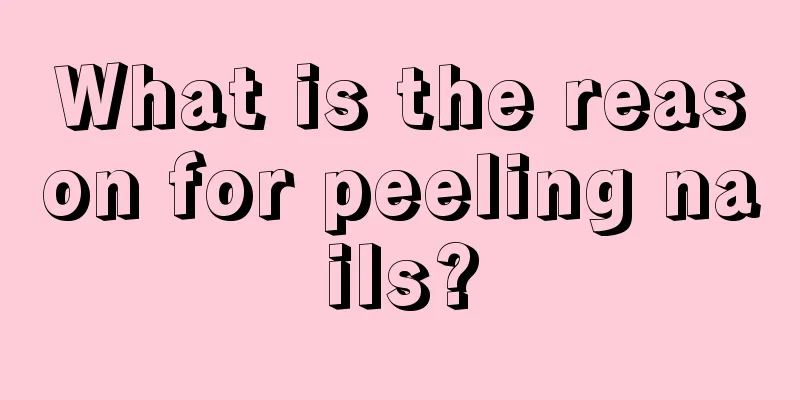There are so many people on the subway that I feel chest tightness and retching

|
It is quite common in our daily life to feel chest tightness and dry retching in crowded subways. There are many causes for this. For example, there are many people in subways, so the air is relatively polluted and there is no fresh air entering. People often feel shortness of breath and dizziness, which may induce chest tightness and dry retching. Of course, it may also be related to some cardiopulmonary diseases. For such patients, there are many people in subways and the space is relatively small, which can easily induce such symptoms. The subway is crowded and I feel chest tightness and retching Chest tightness and shortness of breath are common subjective feelings in the human body, and are more common in middle-aged and elderly people. Those with mild symptoms may feel fine, but those with severe symptoms may feel difficulty breathing. Patients with chest tightness and shortness of breath often feel that their chests are particularly heavy, as if a stone is pressing on their chests. Severe cases can cause difficulty breathing. Chest tightness and shortness of breath are sometimes functional manifestations of human organs, and sometimes they may be one of the earliest symptoms of disease in the human body. Chest tightness and shortness of breath are sometimes functional manifestations of human organs, and sometimes they may be one of the earliest symptoms of disease in the human body. Generally speaking, chest tightness and shortness of breath can be divided into the following two types: 1. Functional chest tightness That is, symptoms of chest tightness and shortness of breath occurring without any organic disease. Staying in a room with closed doors and windows and poor air circulation for a long time, or encountering some unpleasant things, or even having quarrels or disputes with others, or being in a climate with low air pressure, will often cause feelings of chest tightness, shortness of breath, and fatigue. After a short rest, opening windows for ventilation or going outside to breathe fresh air, relaxing your mind and regulating your emotions, you will soon return to normal. Experts point out that due to the influence of anxiety, tension, emotional excitement, mental trauma and other factors, the central excitation and inhibition processes are disturbed, and the cardiovascular system regulated by the autonomic nervous system also becomes disordered, causing a series of symptoms of excessive sympathetic nerve tension. 2. Pathological chest tightness That is, symptoms of chest tightness and shortness of breath caused by organic diseases. Experts point out that chest tightness can not only be physiological, but can also be caused by diseases in certain organs in the body, that is, pathological chest tightness. Common causes of pathological chest tightness include respiratory obstruction, lung disease, heart disease, diaphragm disease, fluid metabolism and acid-base balance disorders, etc. |
<<: Chest tightness, heavy breathing, pain in the left back when exerting force
>>: Numbness and tingling in the palms and chest tightness when waking up early
Recommend
How to prevent cutting boards from cracking
People who cook need to use cutting boards when c...
What's wrong with the baby's sudden blushing
If the baby suddenly turns red in the face, there...
What are the common symptoms of gastric bleeding?
As we age, our bodies are more likely to have pro...
What does photosensitive food mean? What to pay attention to
Photosensitive foods generally refer to foods tha...
How does ginger treat toothache
I believe that ginger has many uses in daily life...
How to treat parasympathetic neurasthenia
Parasympathetic neurasthenia has a great impact o...
What are the main symptoms of late stage breast cancer?
The symptoms of breast cancer in the early stage ...
Breath smells fishy
People may have bad breath due to various reasons...
How to prevent liver cancer better? To prevent liver cancer, we need to establish 5 lines of defense
How to prevent liver cancer? Prevent hepatitis vi...
What to eat for urethritis? These foods are crucial
Urethritis is a very common urinary system diseas...
Why do you need to wear tight pants when running
Running is a convenient and effective way to exer...
Check out the 4 common dangers of colorectal cancer
We all know that every part of our body is closel...
Treatment of Cardiac Cancer
The treatment methods for cardiac cancer mainly i...
The difference between conditioner and hair mask
Conditioners and hair masks are very common, and ...
Diet is the biggest cause of pancreatic tumors
Pancreatic tumor is a common tumor disease, which...









